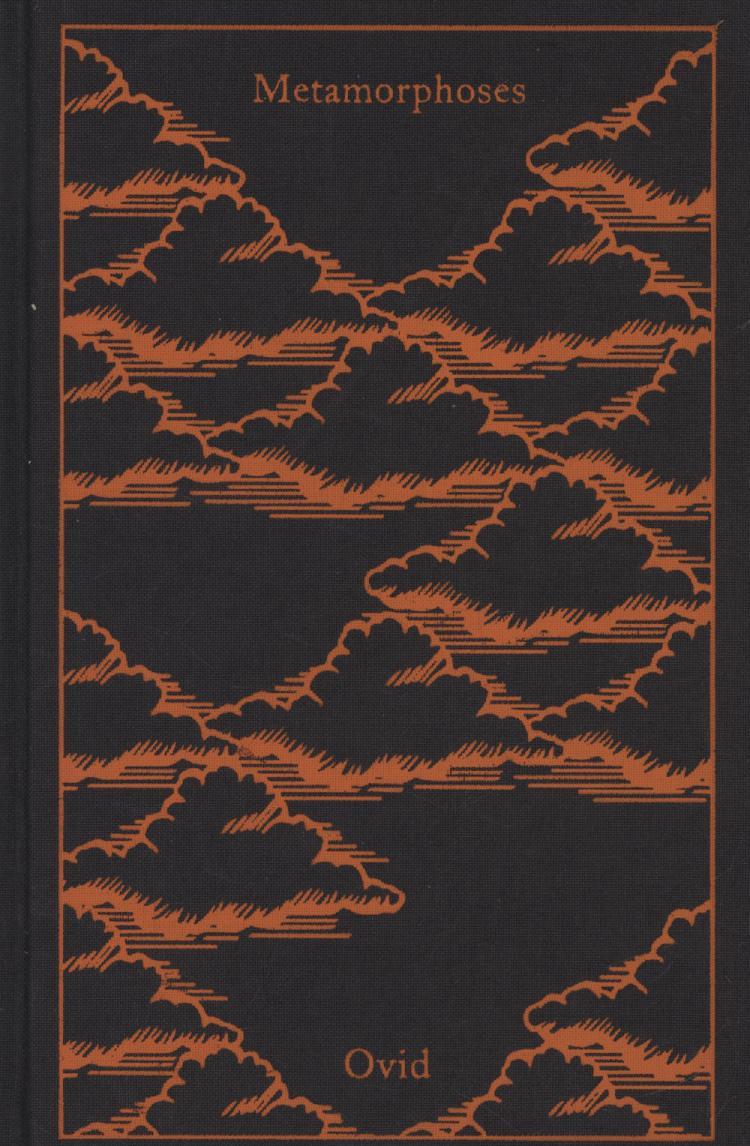Description
Ovid’s deliciously clever and exuberant epic, now in a gorgeous new clothbound edition designed by the award-winning Coralie Bickford-Smith. These delectable and collectable editions are bound in high-quality, tactile cloth with foil stamped into the design.
Ovid’s sensuous and witty poetry brings together a dazzling array of mythological tales, ingeniously linked by the idea of transformation – often as a result of love or lust – where men and women find themselves magically changed into new and sometimes extraordinary beings. Beginning with the creation of the world and ending with the deification of Augustus, Ovid interweaves many of the best-known myths and legends of Ancient Greece and Rome, including Daedalus and Icarus, Pyramus and Thisbe, Pygmalion, Perseus and Andromeda, and the fall of Troy. Erudite but light-hearted, dramatic yet playful, theMetamorphoses has influenced writers and artists throughout the centuries from Shakespeare and Titian to Picasso and Ted Hughes.
Ovid (43BC-18AD) was born at Sulmo (Sulmona) in central Italy. Coming from a wealthy Roman family and seemingly destined for a career in politics, he held minor official posts before leaving public service to write, becoming the most distinguished poet of his time. His works, all published in Penguin Classics, include Amores, a collection of short love poems; Heroides, verse-letters written by mythological heroines to their lovers; Ars Amatoria, a satirical handbook on love; and Metamorphoses, his epic work that has inspired countless writers and artists through the ages.
David Raeburn is a lecturer in Classics at Oxford, and has also translated Sophocles’ Electra and Other Plays for Penguin Classics.
Denis Feeney is Professor of Classics at Princeton.





